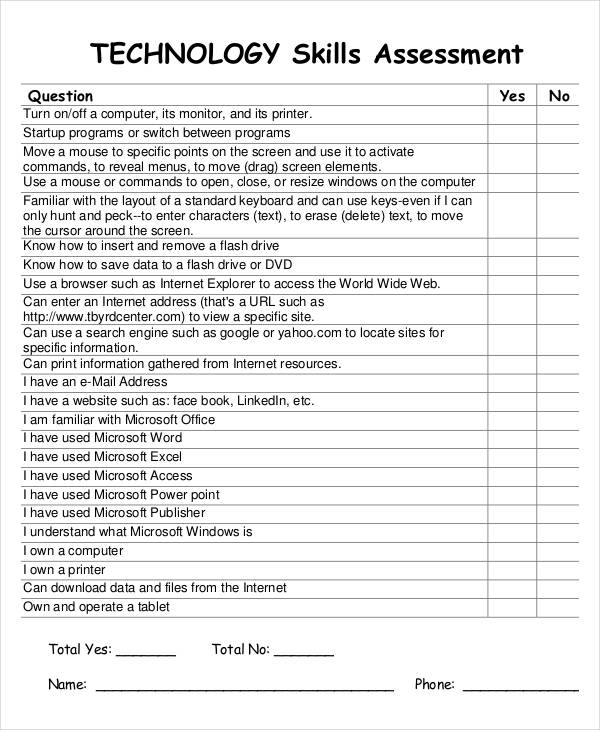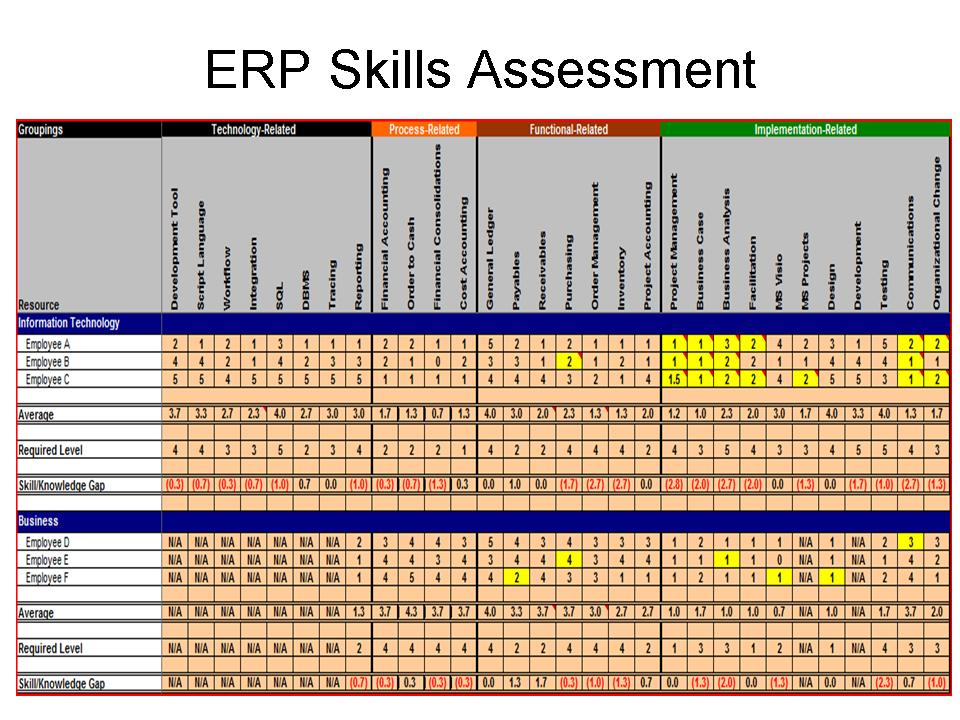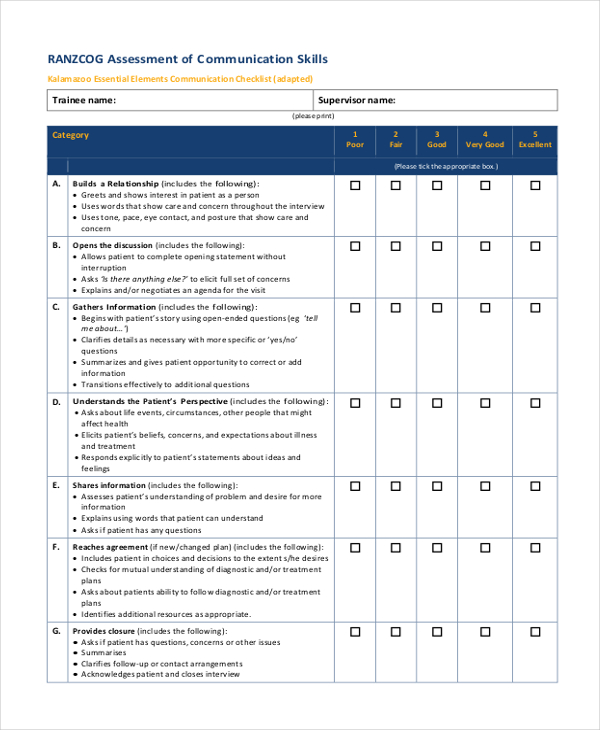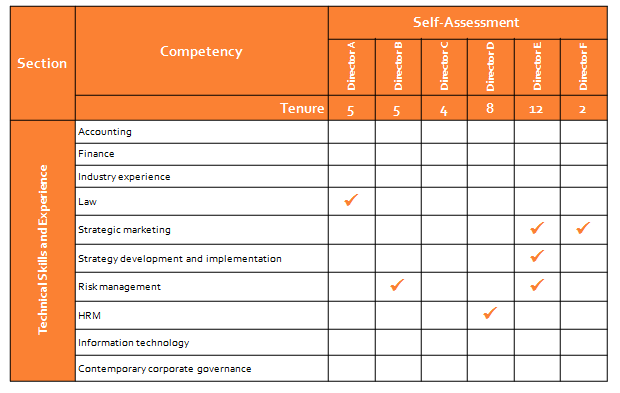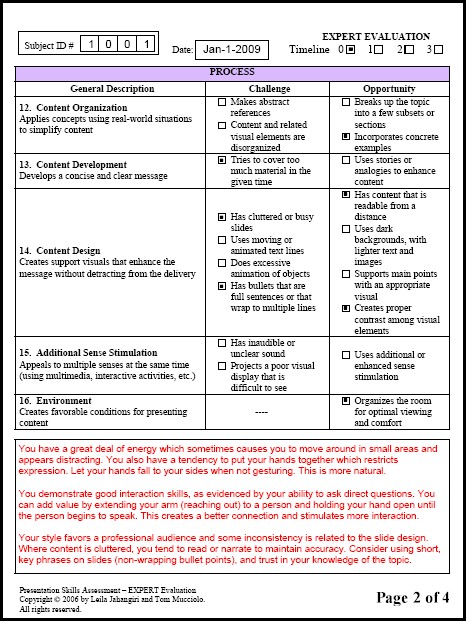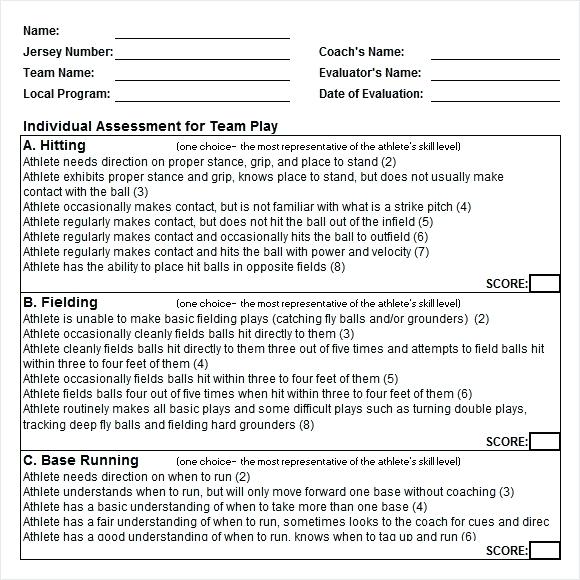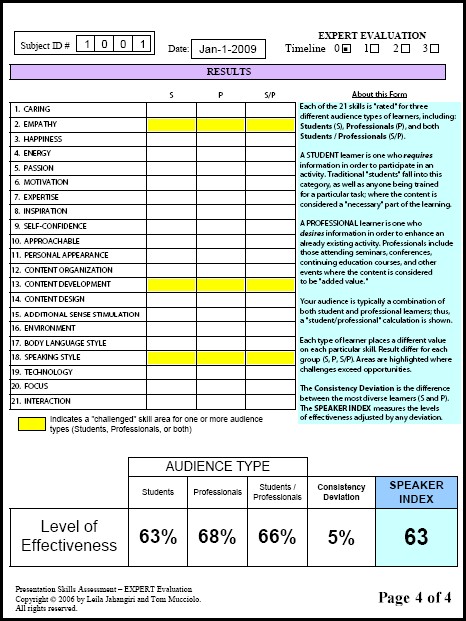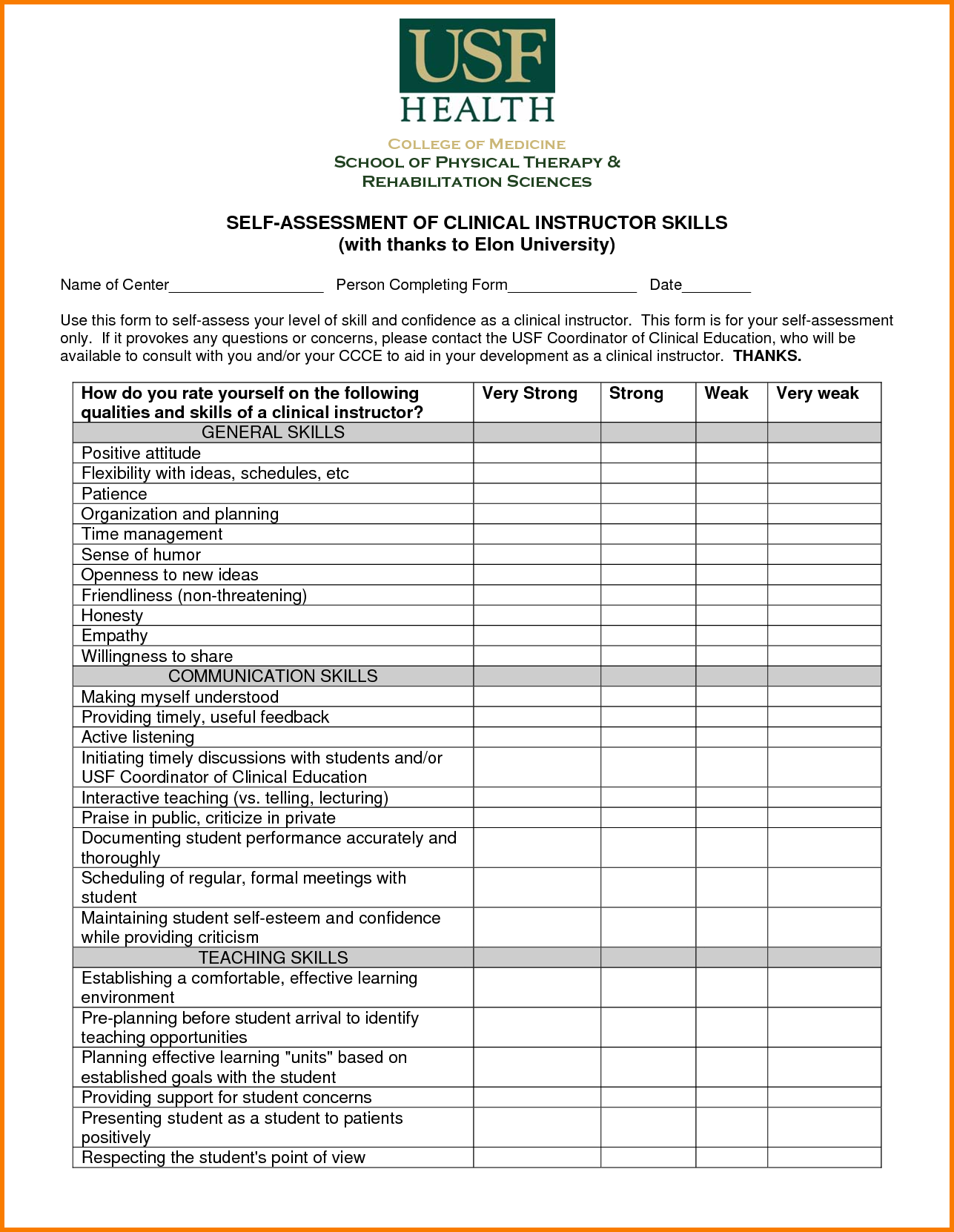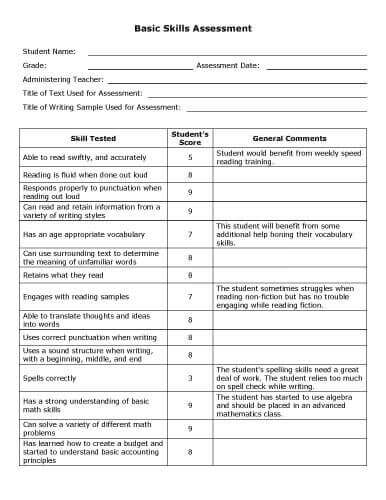8+ Basic Skills Assessment Examples
Every company wants to hire the best and most qualified employee, as hiring the wrong one almost always results to financial losses.
Additionally, valuable time will also be lost as time is wasted on trainings and seminars conducted to unqualified employees. That is the reason why each company should pursue a basic skills assessment process to determine which applicants are qualified for the job and which applicants should not be contacted again. You may also see performance assessment examples.
If you are in human resource or basically tasked by the company to conduct basic skills assessments, here are some assessment examples you can use when you will be creating your own basic skills assessment. You may also like career assessment examples.
Basic Technology Skills Assessment Example
Basic Skills Assessment Checklist Example
Communication Skills Assessment Example
How Do You Conduct a Basic Skills Assessment?
Although we have provided some basic skills assessment examples for you to follow, you can always create your own depending on your company’s needs and how the company conducts the assessment process. Listed below are some methods on how you can conduct basic skills assessment. You may also see assessment plan examples & samples.
1. Aptitude Tests
Aptitude tests or exams are conducted by most companies to shortlist job applicants. Aptitude tests comprise numerous forms of exams to gauge the job applicant’s abstract or conceptual reasoning, verbal reasoning, and numerical reasoning. Most companies, when making aptitude tests, list down multiple choice type questions in which the applicant chooses the correct answer out of four or five given choices.
Sometimes, no correct answer is listed down out of the choices given to test the analytical skills of the job applicant. Other times, multiple choice-type questions are omitted completely and are replaced with essay-type and/or computation-type questions. You may also like needs assessment examples.
2. Interview
When aptitude tests tend to focus more on the job applicant’s intelligence quotient (IQ), job interviews are more geared toward gauging the applicant’s emotional quotient (EQ) and creative quotient (CQ). Job interviews are nerve-racking and one answer oftentimes determine if you get qualified for the job or not. Additionally, questions thrown at the applicant require about 5–10 seconds for the applicant to think of an answer. You may also check out assessment questionnaire examples.
There are no “let me research first and I’ll get back to you after a few minutes” scenarios in job interviews, so you need to think fast and actually do some research a few days before the interview on possible questions that might be asked. Nothing irks a human resource manager or personnel more than an unprepared job applicant especially when the HR has dozens of applicants lined up for an interview on the same day. You might be interested in risk assessment examples.
As previously mentioned, job interviews gauges the applicant’s emotional and creative quotient respectively. To be specific, interviews test the job applicant’s interpersonal and analytical skills. Questions in job interviews are usually divided into three parts: education and work background questions, situational questions, and personal questions. You may also see risk assessment examples.
Education and work background questions basically focus on the applicant’s educational attainment and previous work experience. Personal questions are questions mostly aimed toward the applicant’s family, civil status, and address. Situational questions, meanwhile, determine the applicant’s analytical skills, with questions focusing on how the applicant deals with specific challenges and situations. You may also like nursing assessment examples.
3. Team Building
Team building, meanwhile, is a basic skill assessment process that does not involve job applicants but new hires. Team building activities do not have to be company-wide workshops, seminars, field trips, or get-togethers.
Employees working in the same team or department can conduct team building activities themselves, with the approval of management of course. Team building provides an opportunity for new hires to be introduced to the team or department, and will also test their communication and interpersonal skills. You may also check out health assessment examples.
Director Skills Assessment Example
Expert Skills Assessment Example
Free Basic Skills Assessment Example
Expert Skills Assessment Guide Example
Basic Skills Every Employee Should Have
Listed below are the basic skills that every employee should possess. He may not excel at all of them, but at least he is adept in most of them as he deals with everyday workplace tasks.
1. Problem Solving
Even if the employee is rather poor in other basic skills, having great problem solving skills compensates for it and makes the employee a valuable asset for the company. Each company or business organization deals with various problems every day, either with a defective product, an irate customer, or a computer software problem. So it is very important that employees know how to handle each situation in both a technical and interpersonal way. You may also see it assessment examples.
2. Organization
Organization is one skill that companies take for granted. This is because employers look at the end product rather than how the employee arrived at attaining that end product. Employers should check how their employees conduct themselves in the workplace, because it is also a reflection of who they are outside the office and in their respective homes. You may also like evaluation questionnaire examples & samples.
Organization is very important as it makes the employee focus on his or her job, making his work more efficient and effective. When his desk is full of clutter and his browser tabs are a combination of work and social media but still manages to finish his work on time, don’t expect his productivity to keep up as the clutter will only become a problem in the long run.
3. Research and Information Gathering
Individuals are trained to conduct research at a young age. That is why schools and universities give out so many research projects to their students.
Research projects develops the students’ information gathering and analytical skills, preparing them for their eventual professional careers. Research is more than just the copying of a paragraph from the first source you find, as it also involves collating and analyzing the data/information you obtained and incorporating that data in your own study. You may also check out evaluation plan examples & samples.
4. Communication
Communication (verbal and written) is the one of the most basic skills that every employee should possess. Without this skill, the employee can still stay employed but will never advance his career.
Verbal communication is needed when an employee interacts not only with his boss and co-employees, but with clients and other stakeholders. Written communication is similar to verbal communication, but involves writing instead of speaking (i.e., formal emails, proposal, formal letters, etc.).
Verbal communication is the top skill needed in sales and marketing while publishing and research companies look for employees with exceptional written communication.
5. Teamwork
“No man is an island.” We have heard that line so many times before that the impact of its meaning has diminished significantly.
Teamwork is needed in any workplace, either for a company that employs 1,000 people or a company that operates with three personnel. No one likes to work for a self-serving manager or with an egotistical coworker. Working with a problematic individual will always result with a low-quality output, resulting in low performance for the company overall. You might be interested in how to write an evaluation report.
6. Computer
In this digital age, having computer skills is no longer an option but a necessity. All jobs now require the use of a computer, and the employee must be knowledgeable on the very basic functions of using a computer (office applications, connecting to a network, using the power/restart button). You may also see useful performance evaluation forms.
In this fast-paced business world, the skills that are needed in the workplace are also constantly changing. But the most basic skills (as the ones listed above) are still the most important ones in which every employee should possess. Without developing those skills or refusal to learn them will kill any individual’s career in an instant. You may also like interview evaluation form examples.
Health Service Skills Assessment Example
New Basic Skills Assessment Example
That is why basic skills assessment is needed not only for companies but also for individuals who want to advance their careers.



